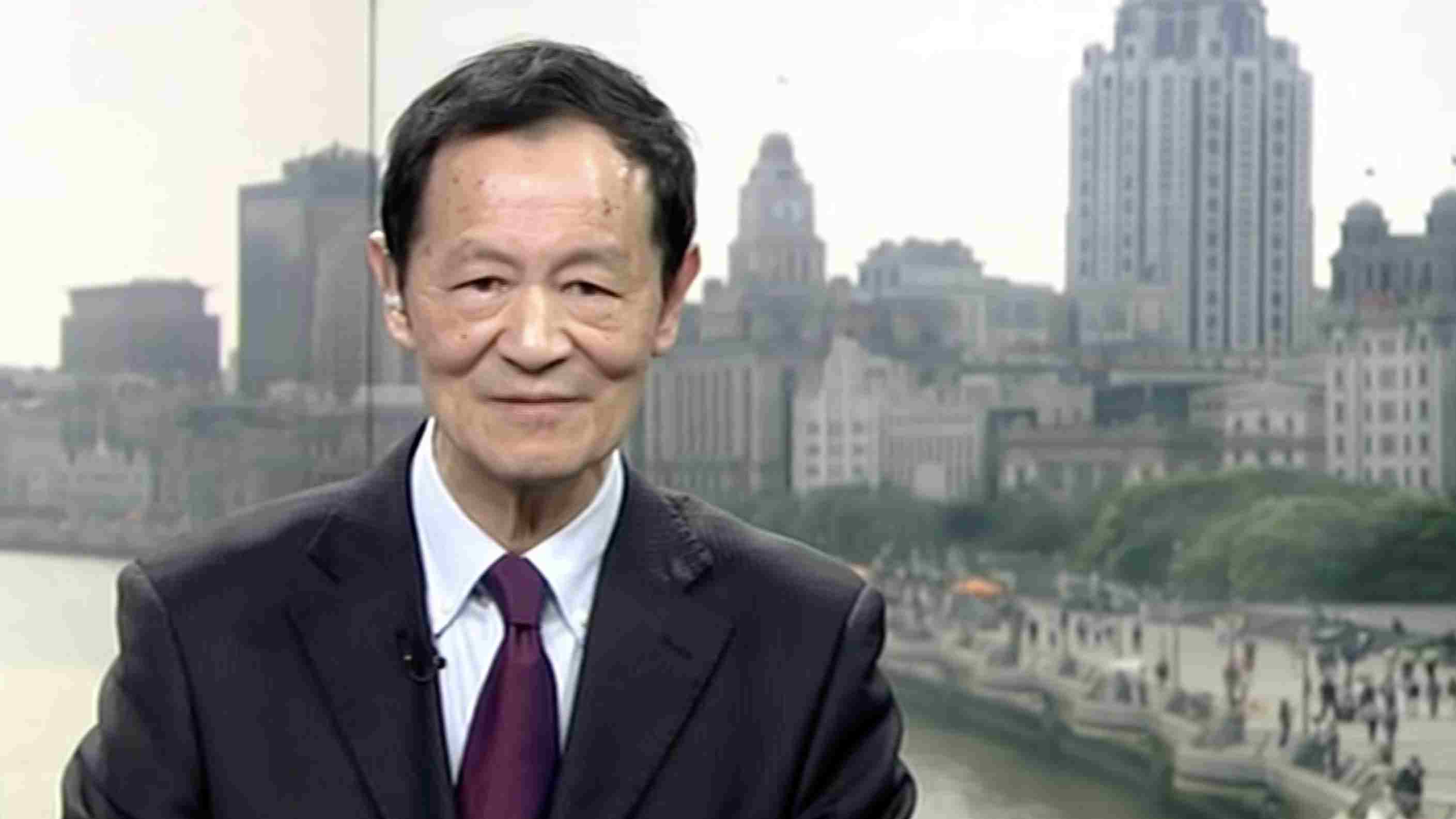
Economy
19:11, 05-Mar-2019
Deleveraging and steady growth not completely opposite: official
Updated
09:18, 06-Mar-2019
CGTN
06:49

Deleveraging and steady growth have many unified aspects, and they are not completely opposite, Chen Yulu, deputy governor of the People's Bank of China, said Tuesday at a press conference of the Chinese People's Political Consultative Conference (CPPCC) in Beijing.
"At present, we are carrying out structural deleveraging… The ultimate goal of structural deleveraging is to stabilize finance. Only when finance is stabilized, can the economy be stabilized," Chen explained.
"Structural deleveraging also needs a stable macroeconomic environment… When the economic downturn pressure is high, it is necessary to adopt the countercyclical adjustment… to ensure the economy runs in a reasonable range, so that structural deleveraging can move forward," Chen said.
"In addition, we promote the market-oriented, rule-based 'debt-to-equity swap', which converts corporate debt into equity investment. It can reduce the macro leverage ratio, and also enable enterprises to run lightly and improve the corporate governance structure, which is very good for steady growth," Chen added.
"Last July, the PBOC specially released 500 billion yuan of funds to support the market-oriented 'debt-equity swap', and it plays a significant role in the steady growth of these enterprises. In other words, it is possible to balance between deleveraging and steady growth," Chen said.
"We hope that the leverage ratio of enterprises, especially state-owned enterprises, as well as local governments, will be lowered as soon as possible," Chen said.
Deleveraging is an important tool for preventing financial risks. If a country's macro leverage is too high, or if the macro leverage rises too fast in the short term, it is often a significant factor behind the outbreak of a systemic financial crisis.
China's deleveraging has made progress since 2016. From 2016 to 2018, its macro leverage rate increased 5.8 percentage points per year by average, a 50 percent drop compared to the years before 2016. In 2018, the rate decreased by 1.5 percentage points.
Fiscal challenges remain
Meanwhile, fiscal challenges are still evident as China is cutting taxes and allowing local governments to take on more debt.
According to He Weiwen, a senior fellow for the Center for China and Globalization, "more money to people" showed that China's growth would "benefit all our people and shared by the people," despite that the country is facing some fiscal difficulties.
02:43

"It's not for businesses and the government only," He stressed.
Domestic concerns aside, Chinese companies' bottom-line growth might still be under a cloud of U.S. market access and European economic turbulence, based on Tao Jingzhou, Dechert's Managing Partner.
"Trade war is certainly the most important factor, which may have an impact on China's growth. Now the golden news is that the U.S. and China will likely reach an agreement at the end of this month," Tao said.
"On the other hand, Brexit also has created certain instability for China's growth. So how should Chinese companies deal with Brexit is something they should be well prepared for. The third one is maybe the EU's economic slowdown. Italy and other countries may leave the Eurozone. Finally the instability in the region, such as India-Pakistan war threat," he added.
As China's economy is bottoming out with continuous credit control, smaller companies, which are the biggest job creators, will require more flexible funding channels to stay afloat.
(CGTN's Xia Cheng also contributed to the story.)

SITEMAP
Copyright © 2018 CGTN. Beijing ICP prepared NO.16065310-3
Copyright © 2018 CGTN. Beijing ICP prepared NO.16065310-3